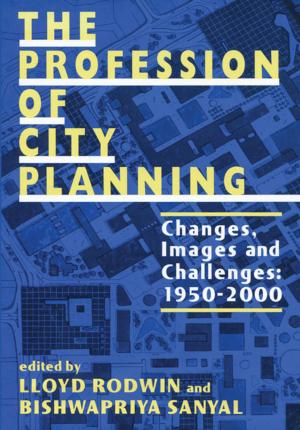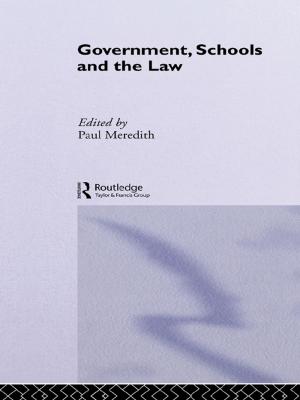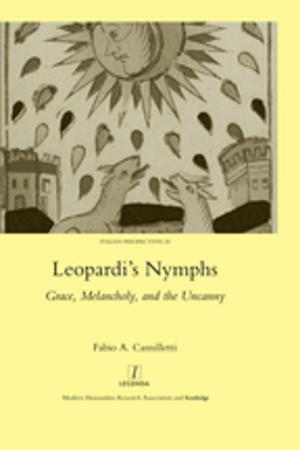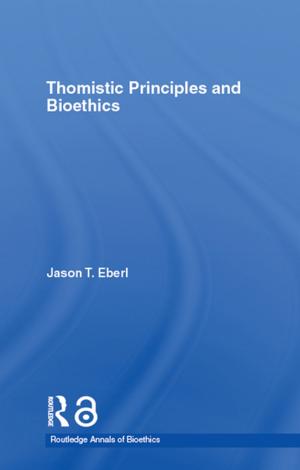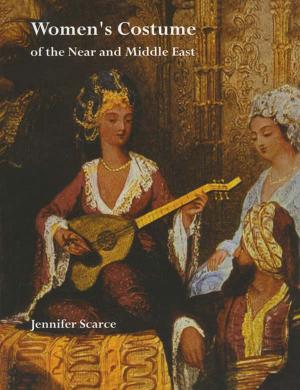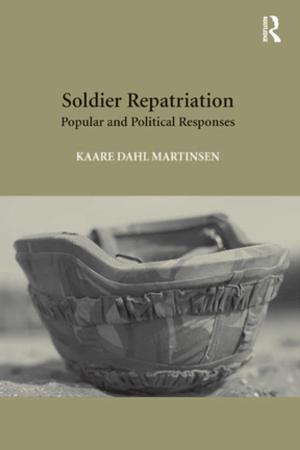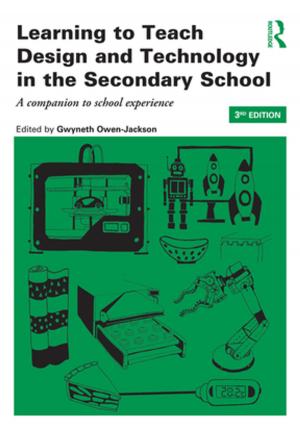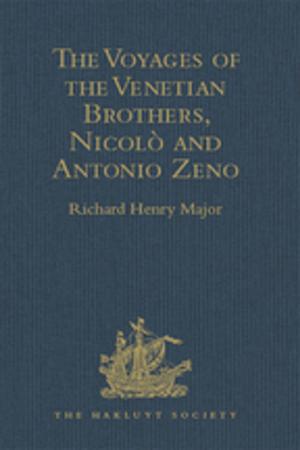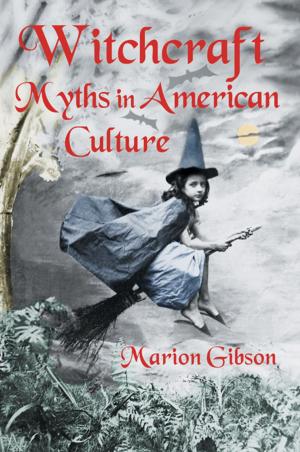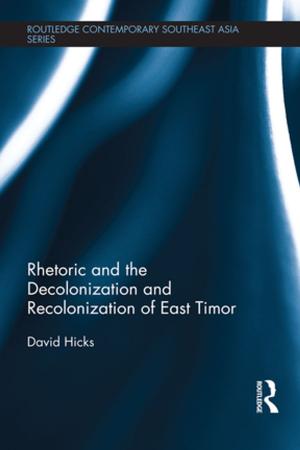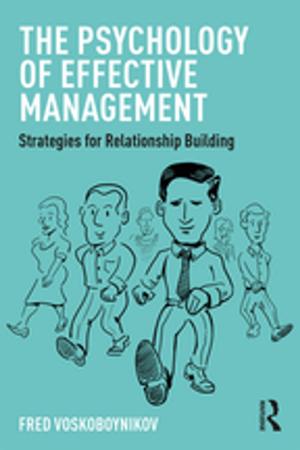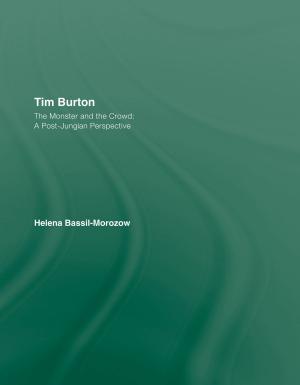Translation and Identity
Nonfiction, Reference & Language, Language Arts, Translating & Interpreting, Linguistics| Author: | Michael Cronin | ISBN: | 9781134219131 |
| Publisher: | Taylor and Francis | Publication: | September 27, 2006 |
| Imprint: | Routledge | Language: | English |
| Author: | Michael Cronin |
| ISBN: | 9781134219131 |
| Publisher: | Taylor and Francis |
| Publication: | September 27, 2006 |
| Imprint: | Routledge |
| Language: | English |
Michael Cronin looks at how translation has played a crucial role in shaping debates about identity, language and cultural survival in the past and in the present. He explores how everything from the impact of migration on the curricula for national literature courses, to the way in which nations wage war in the modern era is bound up with urgent questions of translation and identity. Examining translation practices and experiences across continents to show how translation is an integral part of how cultures are evolving, the volume presents new perspectives on how translation can be a powerful tool in enhancing difference and promoting intercultural dialogue.
Drawing on a wide range of materials from official government reports to Shakespearean drama and Hollywood films, Cronin demonstrates how translation is central to any proper understanding of how cultural identity has emerged in human history, and suggests an innovative and positive vision of how translation can be used to deal with one of the most salient issues in an increasingly borderless world.
Michael Cronin looks at how translation has played a crucial role in shaping debates about identity, language and cultural survival in the past and in the present. He explores how everything from the impact of migration on the curricula for national literature courses, to the way in which nations wage war in the modern era is bound up with urgent questions of translation and identity. Examining translation practices and experiences across continents to show how translation is an integral part of how cultures are evolving, the volume presents new perspectives on how translation can be a powerful tool in enhancing difference and promoting intercultural dialogue.
Drawing on a wide range of materials from official government reports to Shakespearean drama and Hollywood films, Cronin demonstrates how translation is central to any proper understanding of how cultural identity has emerged in human history, and suggests an innovative and positive vision of how translation can be used to deal with one of the most salient issues in an increasingly borderless world.

